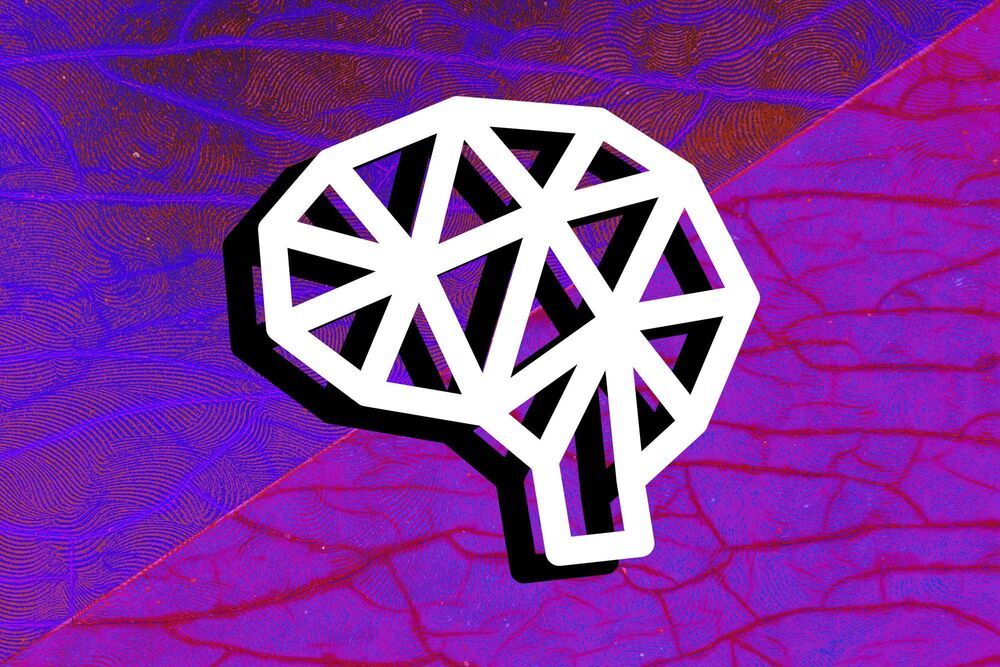The “technology intelligence engine” uses A.I. to sift through hundreds of millions of documents online, then uses all that information to spot trends.
Build back better
Tarraf was fed up with incorrect predictions. He wanted a more data-driven approach to forecasting that could help investors, governments, pundits, and anyone else to get a more accurate picture of the shape of tech-yet-to-come. Not only could this potentially help make money for his firm, but it could also, he suggested, illuminate some of the blind spots people have which may lead to bias.
Tarraf’s technology intelligence engine uses natural language processing (NLP) to sift through hundreds of millions of documents — ranging from academic papers and research grants to startup funding details, social media posts, and news stories — in dozens of different languages. The futurist and science fiction writer William Gibson famously opined that the future is already here, it’s just not evenly distributed. In other words, tomorrow’s technology has already been invented, but right now it’s hidden away in research labs, patent applications, and myriad other silos around the world. The technology intelligence engine seeks to unearth and aggregate them.
